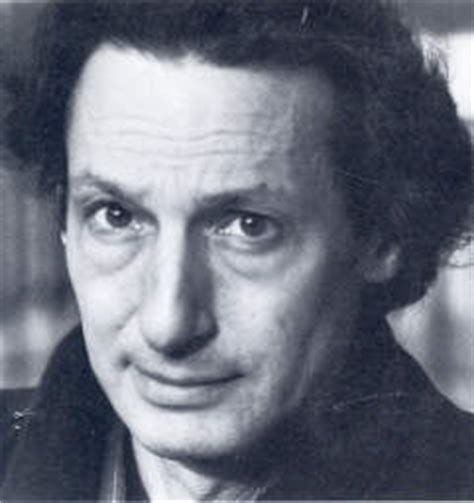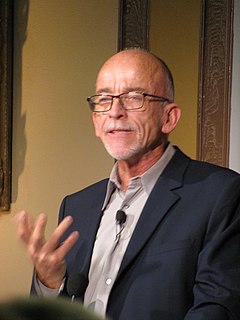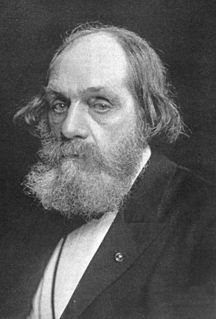A Quote by Josiah Royce
Memory and hope constantly incite us to the extensions of the self which play so large a part in our daily life.
Quote Topics
Related Quotes
Historians constantly rewrite history, reinterpreting (reorganizing) the records of the past. So, too, when the brain's coherent responses become part of a memory, they are organized anew as part of the structure of consciousness. What makes them memories is that they become part of that structure and thus form part of the sense of self; my sense of self derives from a certainty that my experiences refer back to me, the individual who is having them. Hence the sense of the past, of history, of memory, is in part the creation of the self.
When we choose to be parents, we accept another human being as part of ourselves, and a large part of our emotional selves will stay with that person as long as we live. From that time on, there will be another person on this earth whose orbit around us will affect us as surely as the moon affects the tides, and affect us in some ways more deeply than anyone else can. Our children are extensions of ourselves.
Hope is like the sun, which, as we journey towards it, casts the shadow of our burden behind us. ...Hope sweetens the memory of experiences well loved. It tempers our troubles to our growth and our strength. It befriends us in the dark hours, excites us in bright ones. It lends promise to the future and purpose to the past. It turns discouragement to determination. Samuel Smiles
Memory is a dead thing. Memory is not truth and cannot ever be, because truth is always alive, truth is life; memory is persistence of that which is no more. It is living in ghost world, but it contains us, it is our prison. In fact it is us. Memory creates the knot, the complex called the I and the ego
Where is the hope? I meet millions who tell me that they feel demoralized by the decay around us. Where is the hope? The hope that each of us have is not in who governs us, or what laws are passed, or what great things that we do as a nation. Our hope is in the power of God working through the hearts of people, and that’s where our hope is in this country; that’s where our hope is in life.
Questions, inside the larger mystery of sorrow, which contains us and our daily transit, and is large enough indeed to contain the whole shifting tidal theater where I make small constructions, my metaphors, my defenses. Against which I play out theories, doubts, certainties bright as high tide in sunlight, which shift just as that brightness does, in fog or rain.
The spiritual task of life is to feed hope. Hope is not something to be found outside of us. It lies in the spiritual life we cultivate within. The whole purpose of wrestling with life is to be transformed into the self we are meant to become, to step out of the confines of our false securities and allow our creating God to go on creating. In us.
Can it be possible that all human sympathies can thrive, and all human powers be exercised, and all human joys increase, if we live with all our might with the thirty or forty people next to us, telegraphing kindly to all other people, to be sure? Can it be possible that our passion for large cities, and large parties, and large theatres, and large churches, develops no faith nor hope nor love which would not find aliment and exercise in a little "world of our own"?
Like our physical bodies, our memory becomes out of shape. As children, we are constantly learning new experiences, but by the time we reach our 20s, we start to lead a more sedentary life both mentally and physically. Our lives become routine, and we stop challenging our brains, and our memory starts to suffer.
Before making peace, war is necessary, and that war must be made with our self. Our worst enemy is our self: our faults, our weaknesses, our limitations. And our mind is such a traitor! What does it? It covers our faults even from our own eyes, and points out to us the reason for all our difficulties: others! So it constantly deludes us, keeping us unaware of the real enemy, and pushes us towards those others to fight them, showing them to us as our enemies.
Advent's intention is to awaken the most profound and basic emotional memory within us, namely, the memory of the God who became a child. This is a healing memory; it brings hope. The purpose of the Church's year is continually to rehearse her great history of memories, to awaken the heart's memory so that it can discern the star of hope.









































